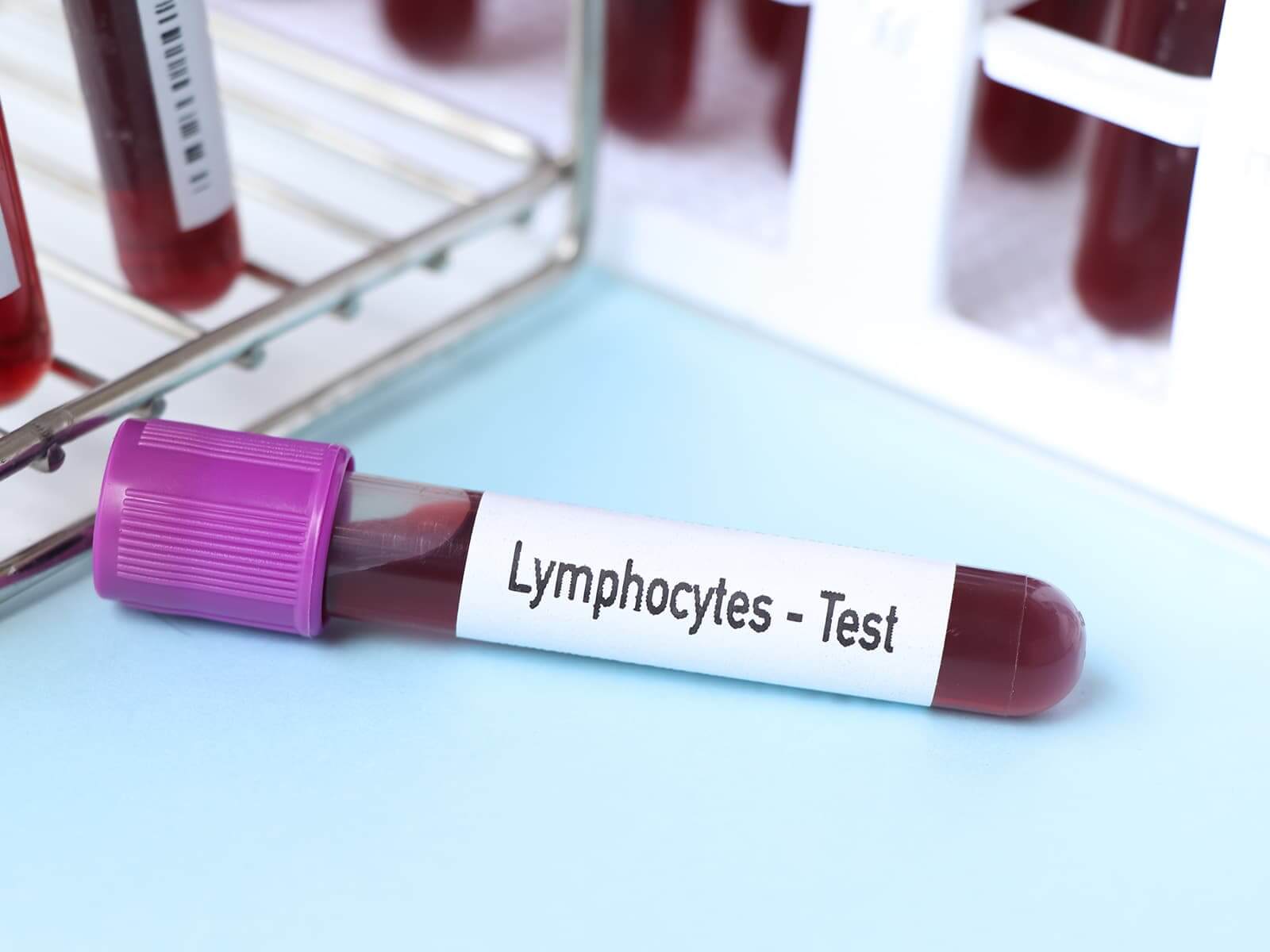
Liver disease refers to any condition that impairs the liver's ability to perform critical functions-like filtering toxins, producing bile, metabolizing nutrients, and storing energy. Damage can range from mild inflammation to severe scarring (cirrhosis) or liver failure. Early diagnosis and intervention help prevent progression and maintain healthy liver function.
In early stages, liver disease may be silent. As it advances, you might notice:
Liver damage can be triggered by many factors, including:
At GastroDoxs in Cypress, our patient-centered liver care ensures you receive thorough diagnostics, personalized treatment plans, and compassionate support from day one. Whether you're dealing with fatty liver, hepatitis, or advanced liver disease, our expert team is here to help you regain your health. Don't wait to address your liver concerns book your appointment today and take the first step toward a healthier tomorrow.
We've successfully treated more than 360 patients, helping individuals improve their digestive health and overall well-being through expert, personalized care.
With over 20 years of experience, GastroDoxs has been a trusted provider of gastroenterology care, focusing on delivering the best outcomes for patients
Early signs of liver disease often include persistent fatigue, mild jaundice (yellowing of the skin or eyes), and a decreased appetite. Recognizing these symptoms early and seeking evaluation can improve treatment success.
While nonalcoholic fatty liver disease (NAFLD) itself is often reversible, untreated or progressive NAFLD can advance to cirrhosis, liver failure, or liver cancer, which may be life-threatening.
A liver-friendly diet emphasizes fruits, vegetables, whole grains, and lean proteins. It's important to minimize refined sugars, fried foods, and alcohol, and to choose healthy fats like those in nuts, seeds, and olive oil.
Yes. When the liver doesn't effectively clear toxins and bile, patients may experience itchy skin, red patches, or other dermatologic reactions linked to impaired liver function.
No. Even moderate alcohol intake can worsen liver inflammation and accelerate disease progression in NAFLD. Complete abstinence is recommended to protect liver health.
Itching (pruritus) occurs when bile acids build up in the bloodstream and deposit in the skin. This accumulation irritates nerve endings and triggers persistent itching.
Late-stage liver disease may present with severe jaundice, abdominal swelling (ascites), leg edema, confusion or altered mental status (hepatic encephalopathy), easy bruising or bleeding, and muscle wasting.
Yes. Autoimmune liver disorders can trigger systemic inflammation that manifests as skin rashes, redness, or itching, often alongside other autoimmune symptoms.
The ICD-10 code for nonalcoholic fatty liver disease is K76.0. Clinicians use this code for diagnosis, billing, and insurance purposes.
Your gastroenterologist may order liver function blood tests (LFTs), viral hepatitis panels, and imaging studies like ultrasound or FibroScan. In some cases, a liver biopsy is recommended to confirm the diagnosis.